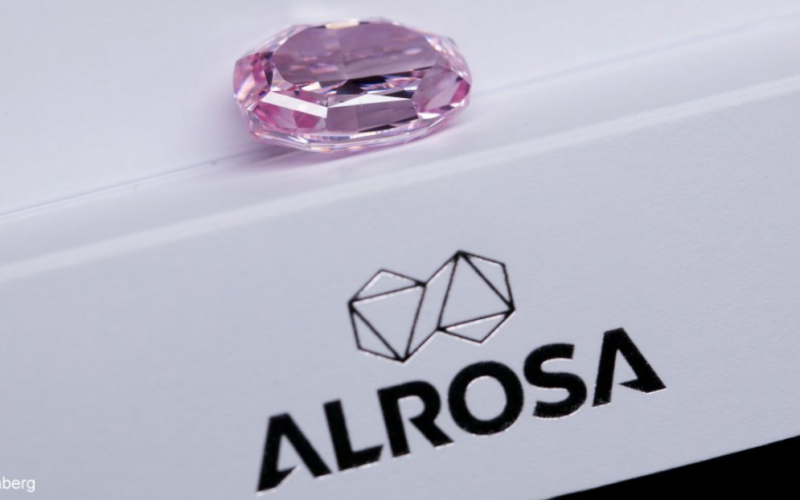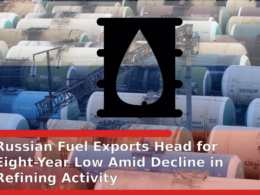Despite a serious escalation in Russia’s war against Ukraine, the EU is giving Russia full freedom to continue supplying diamonds to Antwerp and the rest of Europe.
According to initial EU Commission recommendations received by EUobserver, it had planned to blacklist the large Russian diamond mining company Alrosa.
According to the EU, Alrosa directly funded a brand-new Russian naval submarine and contributed billions of euros annually to the Kremlin’s war chest.
Vladimir Putin, the Russian dictator, also spoke about receiving “substantial” profits from the company that was largely owned by the Russian state.
However, as negotiators closed in on concessions to the business, Alrosa’s name was removed from the list of 29 people and 7 Russian companies who would be subject to an EU ban and asset freeze.
Additionally, according to diplomats, Alrosa was not included in the final sanctions deal that was reached in Brussels on Wednesday.
The Antwerp Diamond Center lobbyists and Belgian diplomats had previously warned that a strike against Russia’s diamond industry would result in the loss of thousands of jobs in the Belgian city, which is home to the world’s largest diamond exchange. The Belgian foreign ministry declined to comment on the Alrosa U-turn.
The Baltic nations, Ireland, and Poland, which initially supported a comprehensive diamond ban, then a non-industrial diamond ban, and finally Alrosa, before backing down, didn’t succeed.
On October 6th, the 8th package of the EU’s economic sanctions against Russia went into effect.
They put Russian ultraright ideologist Alexander Dugin on the blacklist, set a price ceiling on Russian oil exports, and took trade actions against Russia’s steel and forestry sectors that might cost up to €7 billion.
They follow Putin’s most severe escalation since the invasion in February when he annexed four regions of eastern Ukraine and threatened to use nuclear weapons against those who attacked them.
Josep Borrell, the EU’s chief diplomat, and Ursula von der Leyen, the president of the EU Commission, told MEPs in Brussels on Wednesday that the sanctions will eventually help put an end to the war.
According to Borrell, “history books” would represent a united Europe that was “helped withstand an assault by a profoundly different political organization [Putin’s Russia]” than our own.
When the conflict first started, Volodymyr Zelensky, the president of Ukraine, personally requested that Belgium prohibit Russian diamonds from entering Antwerp.
However, the EU’s U-turn is neither the first nor the first time that a member state has chosen to protect domestic jobs rather than taking more aggressive action against Russia’s military economy and providing more support to the defense of democracy and freedom in Europe.
According to sources, Malta obtained a longer phase-out period on the Russia oil cap in the most recent agreement. Some Russian steel goods were exempt from import restrictions for up to two years in Belgium and Italy. Additionally, Hungary received a waiver from an EU phase-out of imports of Russian oil earlier this year.
The question that remains after Putin’s regime launched an all-out war against Ukraine, comminted war crimes and desroyed cities, what other atrocities should Moscow do to make all countries and global companies stop trading with Russia.
Source: EU Observer








